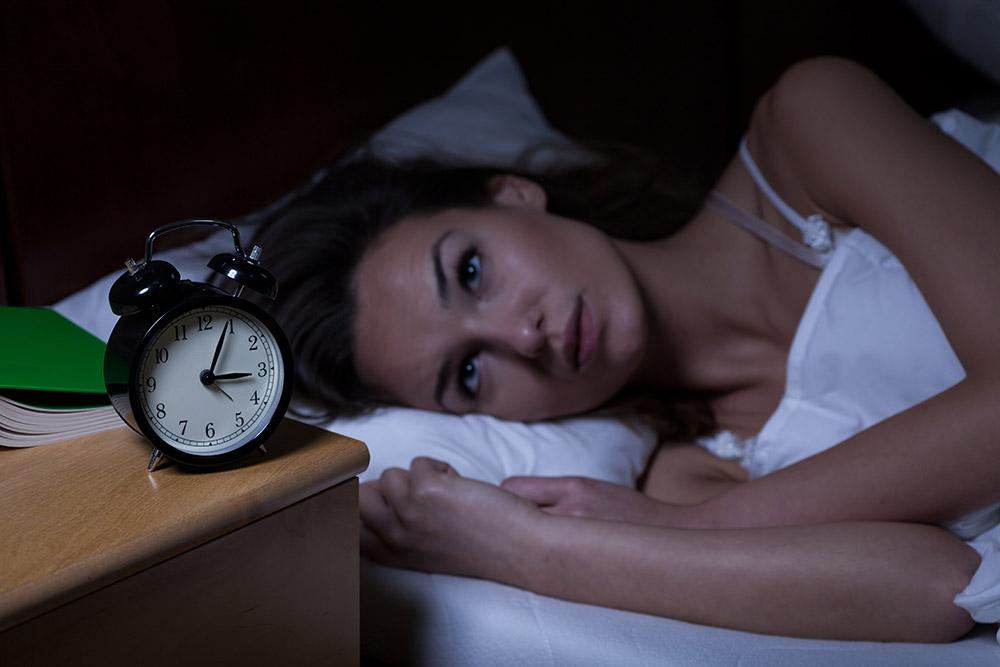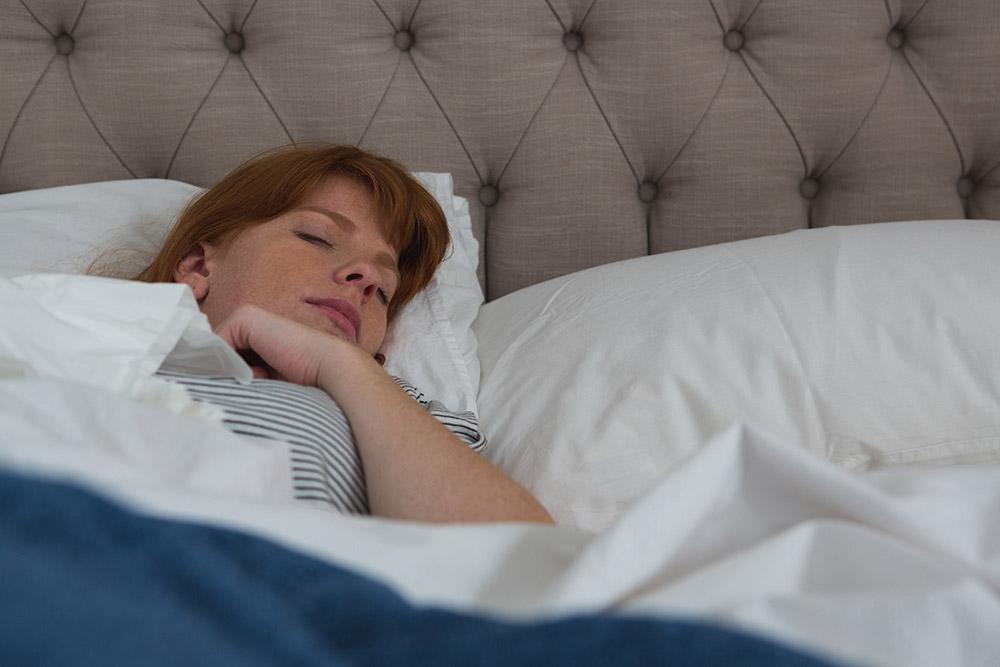Doctors recommend we get at least eight hours of sleep each night as a part of a healthy lifestyle. Unfortunately, sleep struggles can happen for a wide variety of reasons including stress, being overweight or unable to get comfortable, and it can be hard to get a good sleep pattern reestablished.
If you struggle with sleep issues, working with a sleep coach might be a good option. If you are not familiar with the term, you are probably wondering, what is a sleep coach? And do you need one?
Common sleep issues
One night of losing sleep can cause mental and physical exhaustion. But lack of sleep over long periods can wreak havoc on your mental and physical well-being and cause illness. There are hundreds of reasons why people lack sleep.
Some common issues people report they deal with when it comes to sleepless nights include:
- Hard to shut down the brain
- Trouble feeling physically comfortable
- Waking up frequently through the night
- Hard to fall asleep or get back to sleep
- Feelings of anxiety or too wired to sleep
You may suffer from one or more of these problems with sleep, and these are all excellent reasons to consider working with a sleep coach.
What is a sleep coach?
Many people do not realize the impact their lifestyle and home environment have on their sleep quality. Things like lifestyle and creating a better bedroom environment conducive to better sleep are often things people overlook or do not take seriously. Some people may not even know where to begin to achieve these things. If you do not, there are sleep coaches who can help you.
You can find coaches in many different areas that deal with a variety of aspects of life. There are eating coaches, life coaches, fitness coaches, business coaches, love and relationship coaches. And for sleep issues, there are sleep coaches. Sleep coaches work with individuals to help them gain insight into their sleep habits and offer tips and suggestions, advice, and ideas on how to get better sleep at night.
Sleep coaches can work with you online, while some will come to your home, depending on where you live and the availability of sleep coaches in your area. Sleep coaches analyze things like your daily habits, your nighttime routine, medical history, diet, and more. They work with you to help you develop better sleep patterns with the information they gather from you and form a plan that helps promote better sleep.
Are they trained professionals?
What kind of training do sleep coaches have? It depends. There are individual courses offered for sleep coaching, and many are online. Most courses provide certification in this field, while others are self-proclaimed sleep coaches. Currently, it's not a requirement to have a license or a certificate to be considered a sleep coach.
What specific things might a sleep coach help?
Bedtime
What time do you typically turn in at night? If you are a late-night owl, a sleep coach may recommend trying to adjust your bedtime, so you have a longer period of time to relax in bed and allow yourself to get tired and sleepy. Getting into a regular bedtime routine is one way to retrain the brain when it is ready for sleep.
Diet
Your diet plays a significant role in your ability to get restful sleep. A sleep coach might have you write out your daily diet and see how much caffeine and sugar you consume each day and at what times of the day. Eliminating certain foods from your diet and adding others can help reduce stimulation to the nerves and brain and promote sleep.
Alcohol
If you drink alcohol, this could play a role in your sleep pattern. Some people think having a drink or glass of wine before bed to wind down will make them tired. It may seem like a good solution, but it is not a long-term answer. Having one drink or glass of wine can lead to needing more over time, and alcohol can prevent you from getting into the deep, REM sleep pattern your body and brain need to rejuvenate fully. They may recommend you cut alcohol out of your routine.
Workouts
Exercise is good for everyone, and it can help promote better sleep due to the release of endorphins. Staying fit physically is part of a healthy lifestyle that works in your favor for a better sleep routine. However, exercising at certain times of the day can work against you when trying to change your sleep quality. Vigorous exercise and workouts should be done earlier in the day to prevent creating too much energy, which can work against a restful state at bedtime.
Yoga and meditation
Instead of intense workouts just before bed, your sleep coach may suggest you replace that with something soothing, like yoga or meditation. Both activities are calming and soothing for your muscles and mind and can get you in a calm, peaceful state where you can release your stresses of the day and prepare for a restful sleep.
Get off your devices earlier at night
Many of us like to play on our phones in the evening, chat, check emails, read the news, play games, etc. Our technology devices are brain stimulants, though, and can create enough stimuli. Your brain will have a hard time shutting down for hours after being on your phone or device. Your coach may recommend staying off your devices before bed - put them on their chargers (outside of the bedroom) at least an hour before you hit the sack. Let your brain deactivate from technology for a while before trying to sleep.
Your bedroom environment
One important factor many people do not consider being an issue is their bedroom. A sleep coach will want to analyze your bedroom. Is your bedroom designed to be a peaceful, relaxing haven? Whether it is the room décor, tidiness, or temperature, these things can make a room feel stressful or peaceful. Maybe your paint color is too bright or too bold and creates a tense feeling inside of you.
Things like calm, soft colors, warm, fuzzy rugs on the floor, and relaxing decorations in the room, can make your space more conducive to sleep. You should also take notice of the levels of light in the room. Reducing light at night by hanging or closing curtains and removing nightlights from the room encourages better sleep. Your coach will offer tips to help create a more inviting sleeping atmosphere in your room.
Do you need a sleep coach?
Everyone has restless spells where they may miss a few nights of decent sleep. But ongoing issues of not getting a restful night's sleep are not good for your mental or physical health. If you feel as if you have tried a few other means to remedy the problem with little to no results, you might benefit from a sleep coach.
While some sleep remedies are benign, not all sleep remedies come without concern. Sleep aids and medications may offer a short-term solution, but they are not always the answer for ongoing issues. Medicines can cause problems, from adverse reactions to dependency. They should always be discussed with your physician and not used for self-treating.
If you are looking for an all-natural approach to conquering your problem with the inability to get to sleep and stay asleep, then yes, you might need a sleep coach.



















